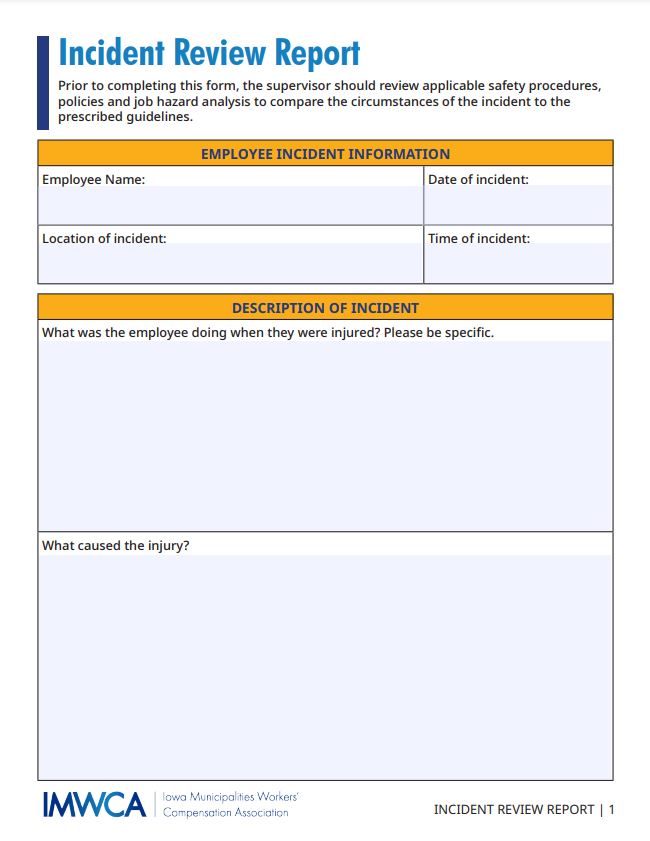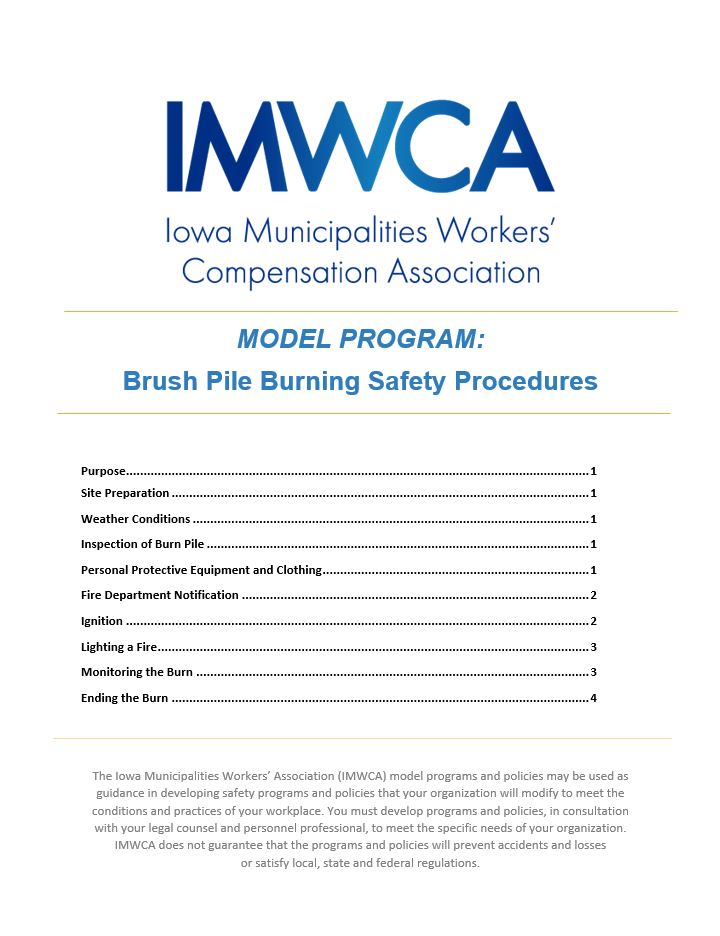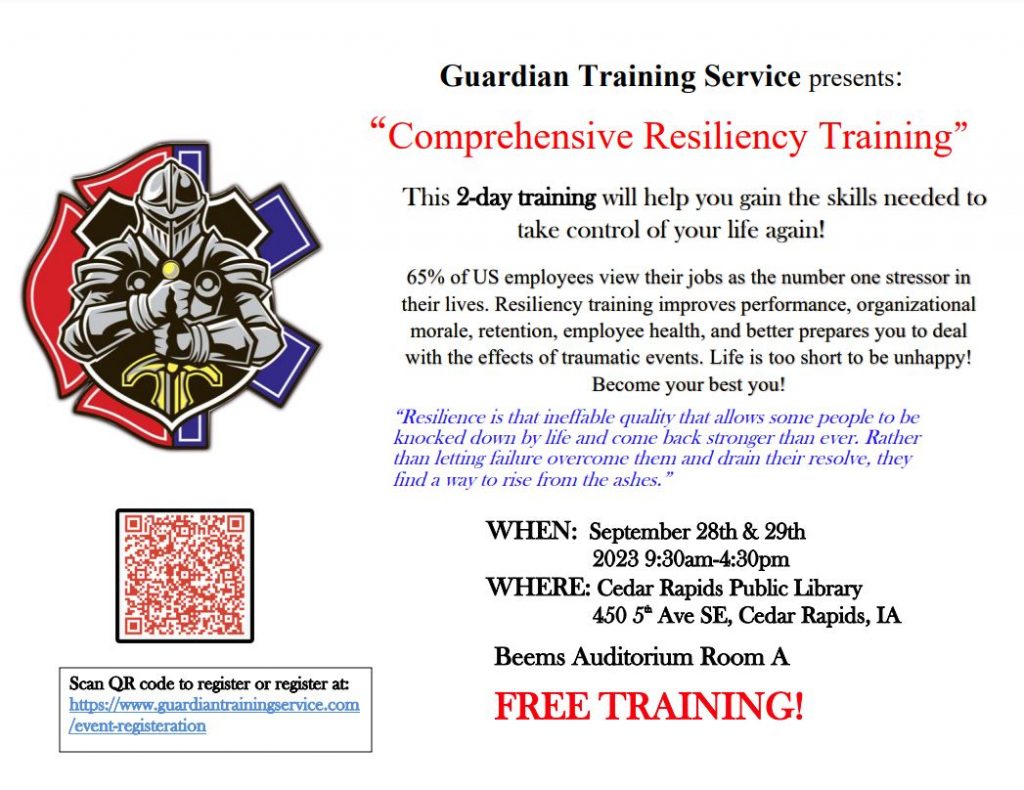What Happens When an Injured Worker Retains an Attorney

Injured workers retain attorneys for any number of reasons. In general, the process of filing a workers’ compensation claim remains the same. If the claim is compensable we will continue to manage the medical treatment and pay indemnity benefits. Unfortunately, in most cases, the claims examiner can no longer have direct contact with the injured worker and must go through their attorney’s office instead. This can be frustrating for everyone involved, as it often results in a slower claims process.
If an Original Notice and Petition is filed to the Division of Workers’ Compensation, a claims examiner will assign a defense counsel to the case. A Petition is a document that informs the employer and insurer that an injured worker has started proceedings before the Workers Compensation Commissioner to recover benefits for a work-related injury. Once the defense counsel is assigned they will file an answer to the Petition and begin the discovery process in defense of the claim. This will usually involve requesting wage information (if it hasn’t already been obtained) and the injured worker’s personnel file. Depending on the type of claim, we may also need help answering specific questions.
Once the Workers Compensation Commissioners office receives the Petition they will work on assigning a deputy and a date for the hearing. The defense counsel will provide this information to IMWCA and the employer and will also make the employer aware of any employees we may need to have testify at the hearing. While most claims are resolved without going through the hearing process you as the employer should keep hearing dates on your calendar.
It is important for you to remember as an employer you still need to communicate and manage your employee. This includes talking to them about restrictions and returning them to work as quickly as possible. Once a claim becomes litigated you should know that the litigation process can take many months or even years to resolve.

Why did the zoo keeper name the bat “Frost”? Because Frost-bites.
Rabies is a disease of the nervous system that can cause paralysis and is fatal to warm-blooded animals and humans. People infected with the virus may develop symptoms anytime between three weeks to three months, sometimes even longer.
Bat bites do not always cause a visible mark yet can still spread the rabies virus through infected saliva, wounds or scratches. The simplest way to protect yourself from rabies is to avoid contact with bats. If you find a dead or sick bat, it’s best to leave it alone. If you need to move or handle it, avoid touching it with your bare hands. Instead, wear waterproof gloves, a double layer of plastic or use a tool such as a shovel.
Board Member Highlight
Board Member:
Rhonda R. Deters, Grundy County Auditor since July 1, 2011. Prior to that, I worked as a Certified Legal Assistant Specialist for 34 years.
Years served on the IMWCA Board: 3 Years

Why did you get involved with the IMWCA board of trustees? Initially, I was interested in serving on the IMWCA Board of Trustees because I was concerned about the cost of our workers’ compensation premiums.
What value do you think the pool has for its members? The resources available to each member to enhance the safety philosophy of the member is of great value in the quest to keep all employees safe and free from injury.
What are your goals for IMWCA in the future? To continue to provide resources to each member to improve the culture of safety and to enhance safe working conditions for each member and to provide these services at a reasonable cost.
What recommendations do you have for members to improve their safety and reduce their premiums? I recommend taking advantage of the resources available from IMWCA representatives and asking questions about how improvements may be made. Safer working environments will result in fewer claims which will lower premiums.
IMWCA Model Policies and Procedures Get a Fresh Look


Winter is an excellent time for members of all sizes to conduct an annual review of their safety policies and procedures to make sure they are up-to-date and have been effective in protecting employees.
In addition to the upgrades, IMWCA also added a new Brush Pile Burning Safety Procedures Manual. The manual is a collaborative effort between IMWCA and IDNR to provide guidance on safely managing burn piles for cities and counties.
To help our members develop and implement safety policies, IMWCA has provided model policies and manuals under the Safety and Risk Improvement tab on our website. While the models have been available for a number of years, they were recently reviewed and updated for content and style. Some models, such as the Incident Review form, were also updated using new software to make the form easier to use.





